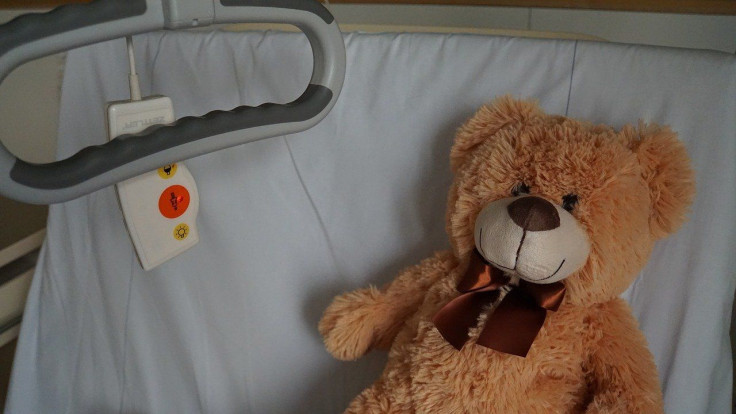Hepatitis In Children: CDC Continues Investigation As Patient Numbers Rise To 180
KEY POINTS
- There are 180 persons under investigation from 36 states and territories
- The CDC clarified that some of the cases are "retrospective"
- The cause of the illness remains unknown
The Centers for Disease Control and Prevention (CDC) is investigating 180 reports of acute hepatitis "of unknown cause" in children.
There are 180 persons under investigation (PUI) from 36 states and territories as of Wednesday, the CDC said in a news release. This is an increase from the 109 cases reported on May 5, though the agency noted that some of the cases are not new.
"(I)t's important to understand that the vast majority of these are what we consider 'retrospective' patients,'" the agency explained. "'Since CDC's investigation looks at patients reported back to October of 2021, most of these numbers involve patients that are just now being reported, rather than new cases of hepatitis – so not all are recent, and some may ultimately wind up not being linked to this current investigation."
The agency also clarified that a PUI doesn't automatically mean a confirmed case. Furthermore, even with the increase in reports, no deaths have been logged since February and the number of patients who need liver transplants has gone down from 15% to 9%.
Experts are trying to find the cause of the illnesses. They are looking at possible links to Adenovirus and even SARS-CoV-2, the virus that causes COVID-19.
"This seemingly rare but severe condition is likely to have a complex pathology," experts wrote in an editorial in The BMJ on Tuesday. "While the cause or causes remain unknown, and agent-specific control measures cannot be identified, adherence to general risk mitigation and infection control strategies are important."
As of May 11, about 450 cases of acute hepatitis of unknown cause in children were reported worldwide, with 163 of the cases reported from the U.K.
The CDC stressed that severe hepatitis among children is still "rare." However, patients are still being advised to look out for symptoms such as jaundice, which is the yellowing of the skin or eyes, and contact their child's healthcare provider if they have concerns.

© Copyright IBTimes 2025. All rights reserved.






















